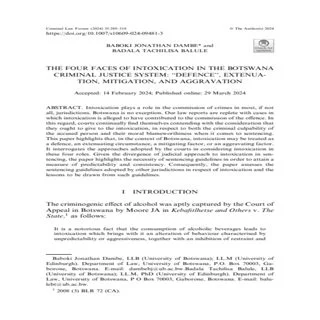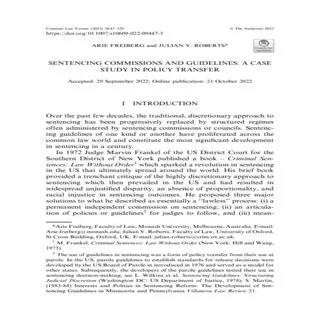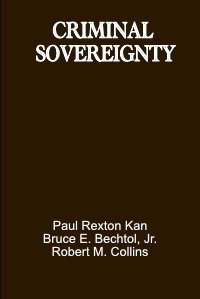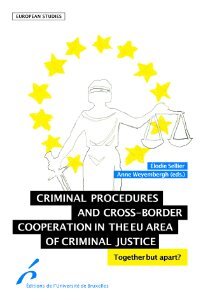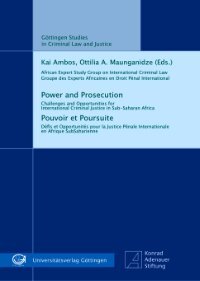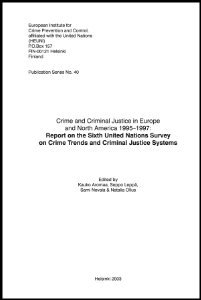By Arie Freiberg & Julian V. Roberts
Over the past few decades, the traditional, discretionary approach to sentencing has been progressively replaced by structured regimes often administered by sentencing commissions or councils. Sentencing guidelines of one kind or another have proliferated across the common law world and constitute the most significant development in sentencing in a century.
In 1972 Judge Marvin Frankel of the US District Court for the Southern District of New York published a book Criminal Sentences: Law Without Order which sparked a revolution in sentencing in the US that ultimately spread around the world. His brief book provided a trenchant critique of the highly discretionary approach to sentencing which then prevailed in the US and had resulted in widespread unjustified disparity, an absence of proportionality, and racial injustice in sentencing outcomes. He proposed three major solutions to what he described as essentially a “lawless” process: (i) a permanent independent commission on sentencing; (ii) an articulation of policies or guidelines for judges to follow, and (iii) meaningful appellate review. The issues of sentencing guidance, sentencing guidelines and sentencing commissions or councils have been extensively debated in the literature since the publication of Frankel’s book. It is seldom possible to identify with accuracy the origin of an institution or concept which is then adopted, adapted, or rejected by jurisdictions beyond its original scope and geographic boundaries. How has this quiet revolution come about? How and why have the concepts of guidelines and commissions spread so rapidly?
This article examines the creation and subsequent proliferation of sentencing commissions since the establishment of the first commissions in Minnesota and Pennsylvania in 1978. From that date until the present nearly 50 commissions have been proposed, established, disestablished or considered. Much of the literature to date has focused not on the nature of the commissions themselves, but on the forms of their sentencing guidelines. These take two differing approaches, one primarily numerical, the prevailing model in the US, and one primarily narrative, the prevailing model in England and Wales and most other jurisdictions.
We explore the process by which the idea of a sentencing commission and its guidelines has spread to other jurisdictions. This process, referred to as policy transfer, diffusion, transplantation, convergence, translation or policy learning, modelling or borrowing, can provide insight into why a policy innovation in one jurisdiction is emulated or adapted in another, and the means by which such innovations are communicated over time and between jurisdictions. The study of policy transfer or diffusion also requires an analysis of the processes of indigenisation or mutation across jurisdictions.
Overview
Part II of this article examines the nature of sentencing commissions or councils and the very different US and UK models which have inspired other jurisdictions. Part III discusses what is meant by policy transfer or diffusion and the various frameworks used to describe and explain the process. Part IV examines why transfers may occur, what is transferred, the sequence of transfer, who is involved in policy transfer, its mechanisms and the conditions for transfer. Part V examines jurisdictions where they were considered but rejected, Part VI notes policy transfer failures and Part VII provides a conclusion to the article.
Crim Law Forum 34, 87–129 (2023)


